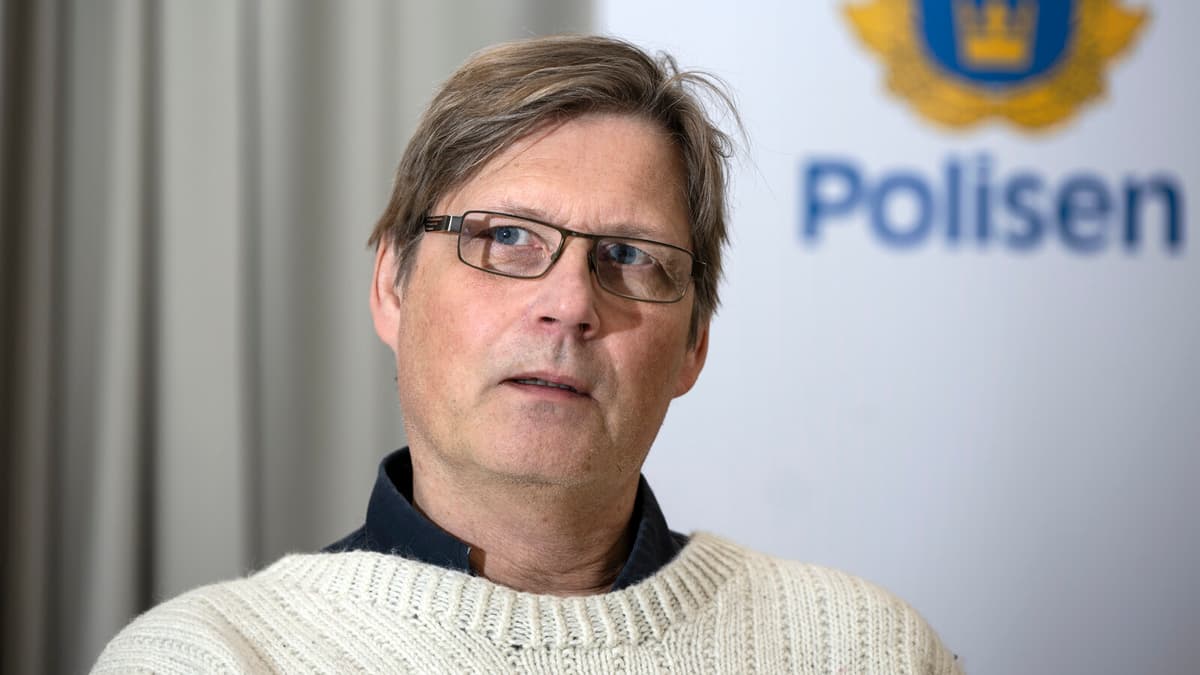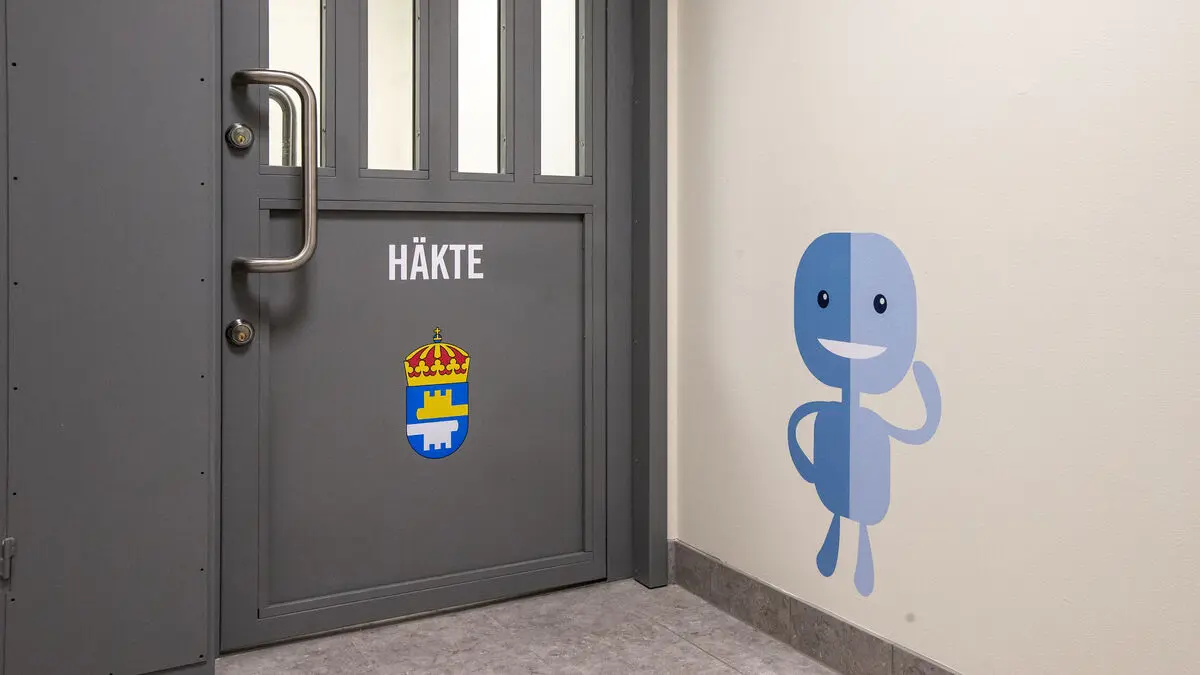The law on anonymous witnesses came into force on January 1 and means that people who have witnessed serious crimes under certain circumstances can provide information anonymously in investigations and trials.
Criticism of the law has been extensive, and has among other things concerned that it may lead to fewer people willing to testify openly when the opportunity to be anonymous exists.
The requirements for being anonymous are, however, very high, and for the vast majority, it will not be possible, emphasizes Mikael Ahola, operational developer at the police's operational department, Noa.
This opportunity exists in certain individual exceptional cases, but absolutely not in the vast majority. It is important to be clear about that, that there is support and protection also in the regular system and that it is what should be tried first.
Serious crimes
In what type of situation can it be allowed?
For example, in a shooting or an explosion where the person suspected of the crime has such a level of violence that it can be assumed that they will use violence if the witness's identity becomes known.
According to the police's assessment, it will primarily concern so-called chance witnesses, for example, someone who happens to be walking by on the street when a shooting occurs.
It will rarely be relevant with anonymity if the person knows the suspect, since it is then difficult to maintain anonymity.
The reason for the restrictive use of anonymous witnesses is that a suspect must be able to defend themselves, which is greatly complicated if one does not know where the information comes from.
Lower evidence value
Anonymous witness statements will also be given a lower evidence value in court than witness statements made openly, since it is difficult to know why an anonymous person says something.
Justice Minister Gunnar Strömmer (M) has said that one does not know if the benefits of the law will outweigh the drawbacks. Is that your opinion as well?
Our opinion is that in individual cases where it is used, it can have enormous significance, since it concerns crimes against life and health, says Mikael Ahola.
But from the purpose of the law, to strengthen the police's crime-fighting ability and break the culture of silence, there are reasons to believe that the effect will not be so great.
A prosecutor, a suspect, or a defendant may at the district court apply for a witness to be heard anonymously during an investigation or trial.
The application can be approved by the court if there is a "clear risk" that the witness or their relatives would otherwise be exposed to serious crime.
The sentence for the crime the witness is to testify about must correspond to at least two years' imprisonment.
The reason for anonymity must "outweigh" the difficulties it poses for a suspect or defendant to defend themselves.
Other measures to protect the witness must be deemed insufficient or significantly more difficult to implement, and it must otherwise be appropriate to hear the witness anonymously.
The court that tries the case shall not have knowledge of the anonymous witness's identity, a public counsel shall be appointed to monitor legal security issues in the case, and the court's decision shall be possible to appeal.
Source: The Riksdag






